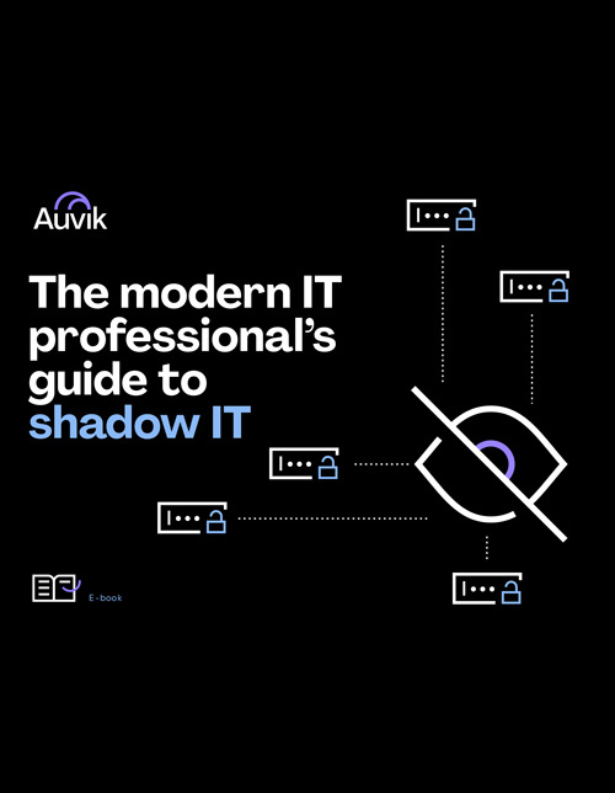One of the most common complaints I hear from managed services providers is how hard it is to recruit staff.
In the past month, I’ve had three MSPs ask me:
- With the high cost of tech talent, how can I afford to fill technical and managerial roles?
- When’s the right time to employ an extra tech?
- Why am I struggling to grow my team?
Recruiting great staff is neither a new problem—I experienced it when I ran my own MSP —nor a geographical challenge. I speak to MSPs from all over the world, and they experience the same issues.
With the increasing skills shortage in IT, finding staff is a problem that’s not going away. MSPs need to think differently about meeting their clients’ requirements and start building strategic alliances with other IT businesses.
Why strategic alliances?
Strategic alliances are an often overlooked avenue for growing your business. While strategic alliances don’t eliminate the need for recruitment, they do mitigate the need to recruit to grow your IT business.
Take this common MSP scenario, for instance.
A prospective client approaches you for a large project, much larger than you’ve won before. If you win this project, the strain on your existing team and resources would have a negative impact on your current managed services clients.
- You could pass up the opportunity—but that’s a bitter pill to swallow when looking to grow your business.
- You could hire new staff to manage the opportunity—but as we’ve already established, good hires are hard to find
- You could turn to contract staff to plug the gaps—but this is usually expensive and comes with its own challenges.
I faced this very situation with my own MSP business. I needed more staff and staff in parts of the country where we didn’t have a presence.
I could turn down the opportunity of a large contract or scramble to hire the necessary resources to fill the gaps.
I did neither.
I turned to other IT companies to find the extra staff in the required geographic locations and delivered the opportunity through a strategic alliance.
Strategic alliances for specialities
Strategic alliances give your business flexible capacity—your MSP can stretch to cover projects without taking on new employees. It also allows you to provide specialties that may not otherwise be available to clients.
I know of one UK MSP that offers 24/7 coverage to clients. They haven’t hired extra staff to do it. Instead, they’ve teamed up with an Australian MSP whose staff are happy to take calls while the UK engineers are fast asleep.
Another MSP I know has been winning big managed service contracts as a result of teaming up with a customer relationship management (CRM) consultancy to provide a solution that other MSPs don’t deliver.
What services and solutions could you offer your client’s by building strategic alliances?
Embrace strategic alliances
Every MSP I speak to is struggling with recruiting staff to fuel their growth. But not every MSP I speak to is using strategic alliances as an alternative source for resources.
Whether it be additional resources for large projects, specialty skills outside your core offering, or required geographical coverage, strategic alliances are the best-kept secret in our industry for meeting all of these needs.
My own MSP business was built off the back of strong strategic alliances. What could your MSP do if it started working this way too?





